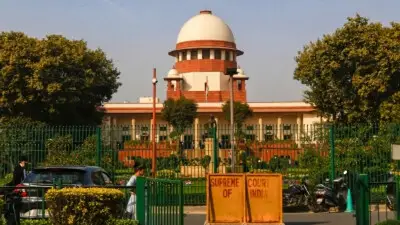Recommended Stories
"Invitation" by Shehryar Fazli is set in 1970s - one of the most interesting periods in Pakistan`s history, just before Zulfiqar Ali Bhutto`s rise to power as the country`s first elected prime minister, and the carving out of Bangladesh.
"Even if I was writing in the 1980s, the book`s setting would have been radically different. The Karachi of this novel, the Karachi of bars and cabarets, more or less vanished in 1976 with the introduction of prohibition," Fazli told PTI in an interview.
"We then saw military rule return, and a new level of political, ethnic and sectarian violence that hasn`t ever really subsided. Given that the novel, its characters, draws so much from that earlier Karachi, and more generally the events of that particular moment in Pakistan`s history, it would have been very different in a later era," he says.
According to the writer, "Invitation", published by Tranquebar, is the story of exile and a young man`s peculiar, and ultimately unsuccessful, quest for a sense of citizenship.
"Since it takes place in a Pakistan about to commence its first democratic transition - the first of several, as it turns out - it can also be described as a political novel. But at its heart it`s a very personal story about rootless-ness, the desire to belong to a nation, mixed loyalties and the compromises that result from them."
Fazli is the South Asia regional editor and senior analyst for the International Crisis Group, a Brussels-based research and advocacy organisation focused on resolving deadly conflict.
He says people celebrate night life in Pakistan "illicitly" nowadays.
"Obviously, you can`t just walk into a bar or nightclub as you could back then, but people still have their fun, while the theoretically `underground` establishments operate and make the necessary `arrangements` so that the authorities look the other way. So nightlife is still alive and well, even if it is far more constrained."
Fazli says many of the characters are composites of people he know.












